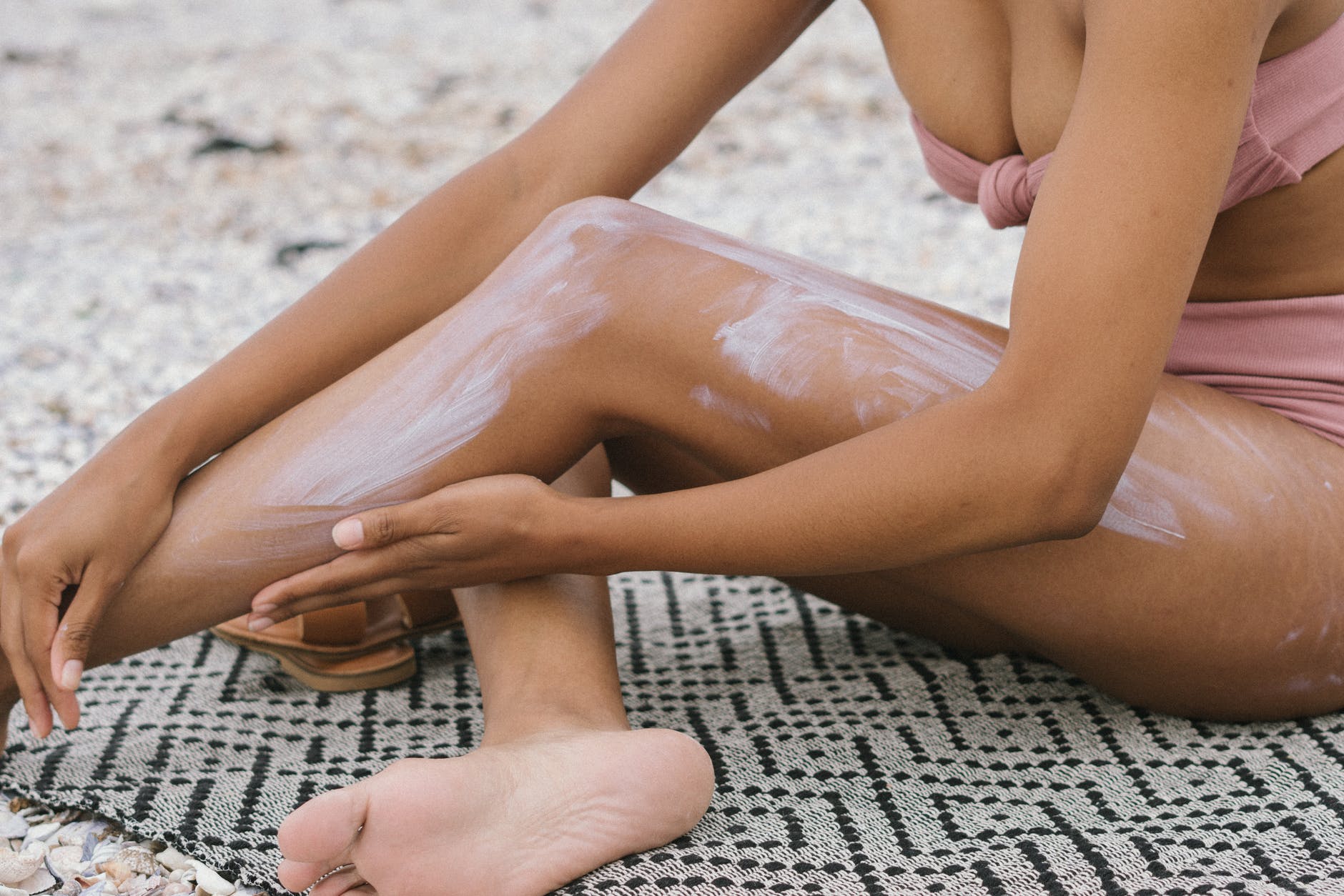Not shaving unwanted hair often leads to itching in the legs. Many times mosquitos and other insect bites also cause leg itch. Here, we will widely discuss itching in legs home remedies to resolve such uncomfortable situations you might face.
Table of Contents
What is an itch?
An itch is an issue. You may have often heard this phrase in your school days. Well, this issue is partly relevant. Do you remember visiting the zoo with your family or for a school picnic? Do you remember how well the scratching chimpanzee had caught everyone’s attention? Well, even the animal couldn’t control their urge to itch. But what is an itch? And why does it happen?
Itching or pruritus is a widespread phenomenon that all living beings experience. It is an intense urge or reflex that can cause you to scratch a part of the body.
Itches are caused due to various reasons, for example, sunburns, hair regrowth, hair removal, dry skin, insect bites, healing cuts, or wounds. If you have severe or uncontrollable itching, it may be due to grave issues such as skin diseases, skin cancer, or chickenpox.
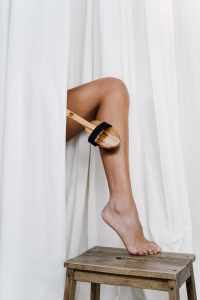
Itching in legs home remedies
There are several DIY remedies that you can use to get rid of an intolerable itch. The best itching in legs home remedies are as follows:
Wet Wrap Therapy (WWT)
For this method, you need to use a few lengths of medical gauze. You may also use anti-itch medicines or lotions. This therapy can help in the better absorption of medicines and aid in providing moisture to the skin.
You need to dip a piece of the medical gauze into warm water and wrap it around the itchy area. Then, wrap a dry gauze on it and wear a soft, breezy garment. Make sure the area is not disturbed. Let it be for a few hours before reapplying the wrap.
Menthol
Menthol is an essential oil that is generally acquired from the plants of the mint family, This essential oil is renowned for its cool and soothing effect on the skin.
You may also apply peppermint oil as it contains a significant amount of menthol. However, you should avoid using essential oils directly on the skin. You can dilute it with other carrier oils such as coconut oil.
Oatmeal bath
This is one of the best itching in legs home remedies that you can try, especially if it has become a usual problem.
To make his bath, you require normal and edible oats. Make sure that they are free of flavoring, sugars, salts, and other chemicals.
Grind them into a coarse powder. Now take one of your old stockings and power the powder into it. Tie the open end so that the oat powder doesn’t come out.
Leave your stocking in your warm bath water for 15 minutes. Then, soak your skin in the same water for not more than fifteen minutes.
Do not scrub or apply soap to your skin. Pat dry your skin and apply moisturizer after bathing.
Lotions and ointments
This is one of the fastest ways to get rid of itching that you can use to make them go away by themselves. However, you still need to take care of your skin to prevent underlying reasons that cause itching. To do so, you can opt for available lotions and ointments that are widely available in the market these days.
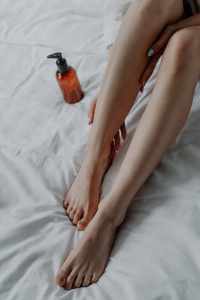
Reasons why you might have itchy legs
Since itches always occur due to underlying causes, you may experience itchy legs for the following reasons:
Due to shaving
Also known as razor burn or razor bumps, these are the red bumps and itching sensations you may experience after a hair removal session. This mainly happens due to the friction between your skin and the razor.
However, you can reduce the chances of getting them using a sharp and clean razor each time you shave. To reduce this, try using itching in legs home remedies such as aloe vera gel after you shave.
Dry skin
This is one of the major reasons that cause an itch. Your skin can become dry due to dehydration, weather changes, or the use of skincare products that contain harsh chemicals.
Restless legs syndrome (RLS)
This is a unique syndrome in which people feel the need to move their feet constantly. Studies have shown that such people constantly feel a poking, tingling, or itching sensation on their legs.
Although the cause of this syndrome is unknown, it is believed that it happens due to the imbalance of chemicals related to muscle movement.
Pruritic Urticarial Papules and Plaques of Pregnancy (PUPPP)
This is one of the most common causes of itching in pregnant women.
Most pregnant women complain of having itchy rashes on their body parts, especially during the third trimester. However, the rashes generally disappear post-delivery:
Folliculitis
This is a form of skin infection in which hair follicles become inflamed. You may notice rashes in the form of groups that are itchy and red.
Expanded blood vessels
This mostly happens when you’ve just started working on a new routine. The new set of exercises may cause expansion of the blood vessels in your legs, leading to increased blood flow and an itching sensation.
You may also notice itchiness after jogging or walking for long distances.
Allergies
Many people are allergic to various kinds of food such as shrimp, peanuts, etc. If you ever contact any such food you are allergic to, you may develop rashes and an incessant itchy sensation.
However, you may also develop allergies from skincare products, soaps, or lotions. These, too, can trigger allergies and cause itches and rashes.
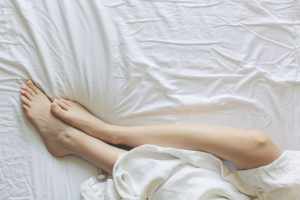
Insect bites
You may also experience itches due to insect bites, for example, mosquitoes, ants, bugs, etc. However, the bites from insects can also cause severe reactions, including itching such as vomiting, dizziness, or a rapid heartbeat. In such cases, you should consult a doctor as soon as possible.
Intense itching on lower legs
If itching in legs home remedies has been of no aid to you, you may be suffering from a disease. Multiple diseases or infections of the body can cause itchy feet or lower legs. Some of them are as follows:
Thrush
Also known as candidiasis, a thrush is a form of fungal infection. It generally evolves on damp or sweaty areas of the body such as armpits or under folds of skin. The symptoms include red rashes, incessant itching, blisters, and cracked skin.
Dermatitis
It is a form of skin inflammation that can cause itching on the lower legs. Symptoms of dermatitis include swelling and itching. There are three types of dermatitis. These include contact dermatitis, atopic dermatitis or eczema, and seborrheic dermatitis. All of them make the skin react differently. For example, seborrheic dermatitis causes dandruff and scaly skin.
Psoriasis
This is a skin condition in which the skin cells multiply rapidly, thus leading to an accumulation of skin cells on the surface. Psoriasis can cause your skin to become red, itchy, scaly, and painful. However, other symptoms include red patches, bleeding of the affected area, swelling and stiffness in joints, thick toenails or fingernails, dry skin, and thick silver scales on the skin.
Athlete’s foot
This is a fungal infection caused by the same group of fungus that causes ringworm or jock itch. Although the athlete’s foot mostly occurs on the feet, in some cases, it may even extend to the sides of the foot and lead to itchy lower legs. Common symptoms of this disease are itching, dryness, scaling, and redness.
Hives
Hives are caused due to the reaction of your body against an allergen. They appear in the form of red itchy patches. Hives vary in size. They can be as small as a droplet or as large as a football. They keep moving to different locations on the body and can leave at any time, within a day to six weeks.
Sjogren syndrome
This is an autoimmune disease. The symptoms of this disease include dryness in the eyes and mouth, inflammation of the salivary glands, fatigue, dry cough, painful joints with stiffness and inflammation, and an itching sensation in the calves.
Diabetes
Diabetes is a complex disease of the body. It happens when your body is unable to produce or process sugar. It can cause a lot of complications, such as nerve damage in your feet that could cause itchy feet. There could be two forms of diabetes that may be causing itchy calves. These are diabetic nephropathy and diabetic neuropathy.
Diabetic nephropathy is a stage in which the kidneys of the patient start to deteriorate. In the early stages of this disease, you may feel fatigued, itching, or inflamed eyes, feet, hands, and ankles. Therefore, always consult a doctor if you have diabetes because it can also lead to kidney failure in severe cases.
Diabetic neuropathy, on the other hand, is a form of diabetes in which patients suffer from nerve damage. This can cause severe itching, especially in the feet or legs. However, other symptoms include numbness, pain, or tingling in the legs, feet, or other body areas.
Nerve damage
Also known as neuropathic itching is a condition caused by nerve damage. Nerve damages may be caused by spinal nerve compression or damage to nerves under any part of your skin. If you are experiencing a persistent itch in your calves that don’t go away even after applying remedies, medicines, or treatment, you may have nerve damage.
Home remedies for itching in private parts
It is normal to experience an itchy sensation in your private parts. The main reason why your privates feel itchy is due to sweat and lack of ventilation. However, you may also experience itching due to pubic lice, viral infections, fungal infections, psoriasis, or folliculitis.
Depending upon the cause of the itch, you can opt for various medicines or lotions. However, you may still opt for these home remedies to achieve some added relief. These are as follows:
Cold compress
A cold compress can work wonders in case of persistent itches. Often itches go away on their own. Unless the irritating itch leaves you for good, you can use a cold compress on the itchy area.
Cold compresses are good for inflammatory conditions, which may have caused the itchy sensation. To get the best results, apply this compress twice a day. You may also refrigerate your moisturizers and apply them to the itchy spot.
Aloe Vera
Often itching in the genitals can be cured by moisturizing. However, it would help if you did not moisturize these delicate zones with creams or lotions. The best moisturizing agent for such zones would be aloe vera gel.
Aloe vera has a cooling effect. This will reduce the itch and make you feel at ease.
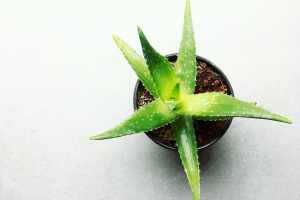
Coconut oil
Coconut oil, on the other hand, is filled with antioxidants that can also aid in reducing itch.
Warm bath
If you are experiencing continuous itching in your privates, you can opt for a nice warm bath. You may also add a few tablespoons of baking soda or Epsom salt to your bath to enjoy some relief.
Apple Cider vinegar
If psoriasis is causing an itch in your privates, apple cider vinegar is to your rescue. Mix one cup apple cider vinegar and one cup of water and apply directly to the itchy area. Do not use apple cider vinegar on areas of cuts or cracks.

Best Anti Itch medicine
Most itches either stop by themselves or are curable. Apart from trying to ward off itching in the legs, home remedies, you can use medicines, especially if diseases cause these. Therefore, to cure itches due to skin diseases, you need to apply the following anti-itch lotions or ointments:
- Sarna Original Anti Itch Lotion
- Aveeno Anti-Itch Concentrated Lotion
- CeraVe Moisturising Cream for Itch Relief
- Derma Change Symptoms Relief
- Cortizone 10 Maximum Strength
- Eucerin Eczema Relief
- Gold Bond Rapid Relief Anti-Itch Cream
- Acure Calming Itch and Irritation Lotion
- Aveeno Maximum Strength 1% Hydrocortisone Anti-Itch Cream
- Benadryl Extra Strength Cooling Relief Anti-Itch Gel
Final thoughts
You may have itchy legs due to many reasons. Most of which is no reason to worry. Others, on the other hand, are often serious. To relieve yourself of itching in the legs, home remedies, you can apply the above methods. However, if your itch is persistent and refuses to die down after two days, consult with your doctor at the earliest.

